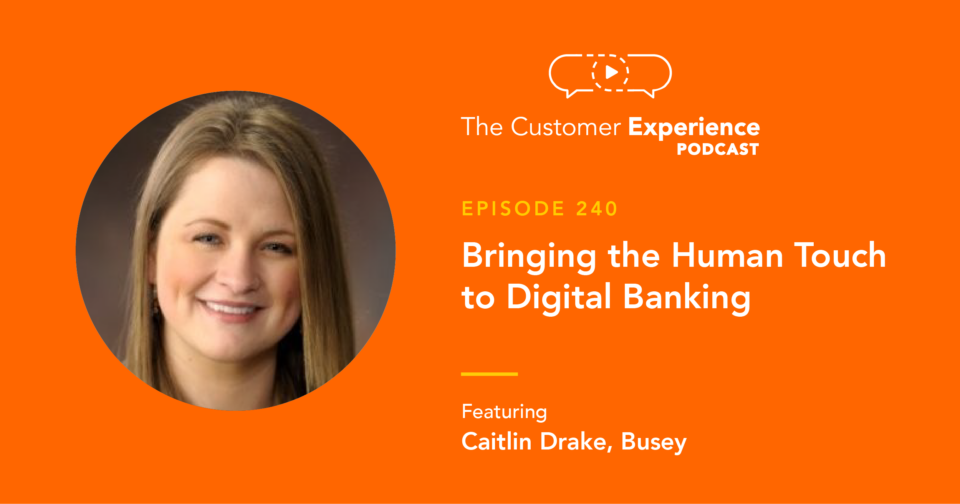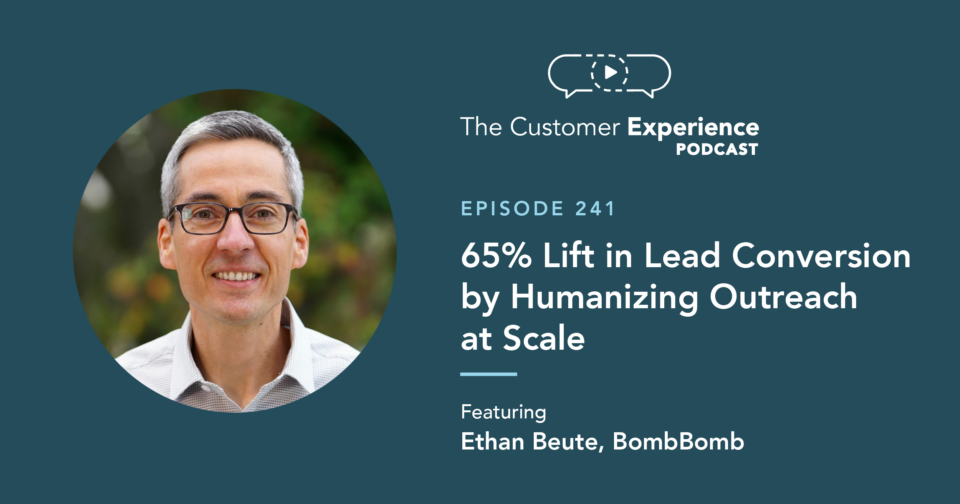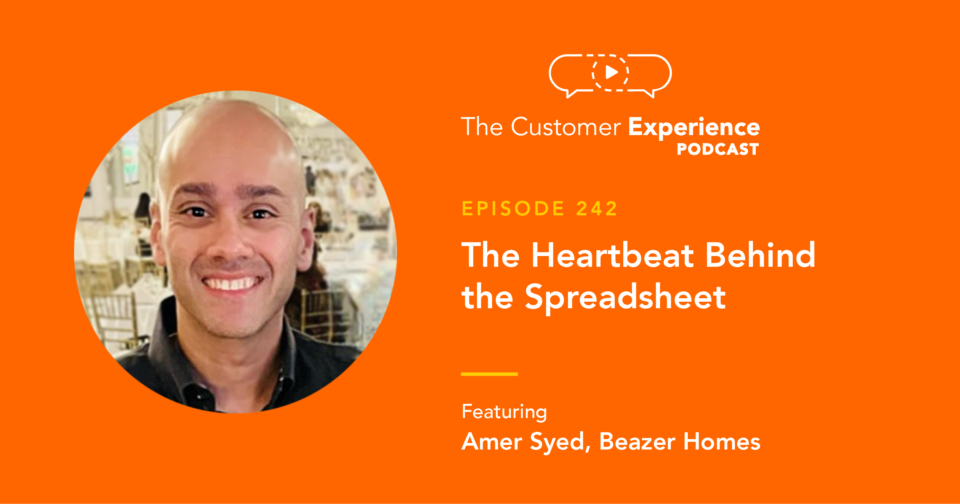
Listen to “203. The Unseen Costs of Digital Pollution w/ Ethan Beute” on Spreaker.
Apple Podcasts | Spotify | Google Podcasts | Amazon
The essence of both CX and EX is how we make people feel. And every time we reach out, whether it’s through email, over the phone, or during an outbound sales cadence, we’re asking for time and attention.
If you reward people for giving you some of their precious and limited time by offering them something they need, want, or appreciate, you’ll likely get what you need or want because they feel seen, valued, and understood. But if you don’t and you’re asking for these valuable resources without any beneficial or thoughtful offerings, whether intentional or not, you’re creating digital pollution.
Digital pollution is any unwelcome digital distraction that slows us down, confuses, frustrates, annoys us, and even threatens us. And to be aware of how we’re contributing to the problem, we first need to understand the three types of digital pollution:
Innocent: Without ill intent, like a reply-all email that not everyone needed to see
Consequential: The byproduct of a poorly targeted or executed process, like a prospecting email list we shouldn’t belong to
Intentional: Purposefully harmful, like malware, phishing, and cyberattacks
Once we understand the types of digital pollution, we can begin to implement a solution that improves our communication in digital, virtual, and online spaces in a way that benefits everyone involved: human-centered communication.
I’m Ethan Beute, Chief Evangelist at BombBomb, host of The Customer Experience Podcast, and co-author along with Stephen Pacinelli of the Wall Street Journal bestseller Human-Centered Communication: A Business Case Against Digital Pollution and of the Amazon and Barnes and Noble bestseller Rehumanize Your Business: How Personal Videos Accelerate Sales and Improve Customer Experience.
Listen today to hear two specific cautions about operating in a digitally polluted environment.
Digital pollution makes us feel more like a number than a valued customer, team member, or strategic partner. Imagine if our messaging increased conversion from 2.4% to 3%. Instead of exclusively high-fiving ourselves for a 25% increase, we should also consider how we are making the 97% feel with our communication.
In the clip below, Jacco van der Kooij, Founder of Winning by Design, highlights that even consequential digital pollution can impact revenue at an astounding rate.
If it’s not the right message for the right audience at the right time, it’s likely to feel like digital pollution, and it will actively and sometimes irreparably damage our relationships, reputation, and revenue.
Join me and learn:
• What digital pollution is
• How we should view consequential pollution
• Why human-centered communication is an antidote to digital pollution
• What the three types of digital pollution are
• How personalization can cut through some pollution
The Unseen Costs of Digital Pollution
Hear Episode 203 and any/every other conversation of The Customer Experience Podcast in your favorite podcast player …
In your podcast player, please give an extra click to rate the show (or even take a minute to leave a review) – it’s very helpful!
We also embed the full conversation and make it searchable right here in these blog posts. The recording for this episode is right here …
Listen to “203. The Unseen Costs of Digital Pollution w/ Ethan Beute” on Spreaker.

BombBomb Documentary – Dear {first_name}: A Business Case Against Digital Pollution
Other Episodes You’ll Enjoy:
- Episode 150 with Nick Morgan, “Why Your Virtual Relationships Degrade Over Time”
- Episode 158 with Jacco van der Kooij, “Creating Customer Impact in Moments That Matter”
- Episode 192 with Ethan Beute “Today’s Path to Tomorrow’s Revenue”
Subscribe, Listen, Rate, and Review The Customer Experience Podcast:






